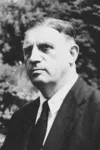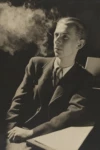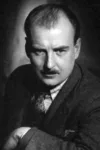Biography
Stuart Legg (August 31, 1910 – July 23, 1988) was a pioneering English documentary filmmaker best known for his groundbreaking work with the National Film Board of Canada. His most notable achievement came at the 14th Academy Awards in 1941, when his film Churchill's Island won the Oscar for Best Documentary, making it the first documentary to ever win the prestigious award. Legg's Warclouds in the Pacific was also nominated for Best Documentary that year, further cementing his reputation as a key figure in the documentary film world. Throughout his career, Legg played a significant role in shaping documentary filmmaking, particularly in the areas of war and political themes.
Filmography
all 62
Movies 62
Producer 28
Director 17
Writer 7
self 3
Screenplay 2
Narrator 1
Voice 1
Self (archive footage)

Humphrey Jennings: The Man Who Listened to Britain (2000)
Movie
Screenplay

Under Stress (1964)
Movie
Director

Food or Famine (1962)
Movie
Producer

A Light in Nature (1960)
Movie
Producer

Unseen Enemies (1959)
Movie
Producer

Song of the Clouds (1957)
Movie
Producer

Battle Without End (1955)
Movie
Producer

Plan for Coal (1952)
Movie
Producer
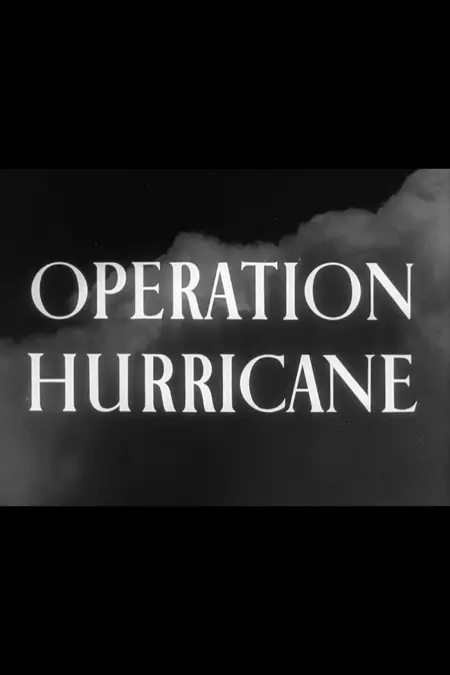
Operation Hurricane (1952)
Movie
Script / Producer

Forward a Century (1951)
Movie
Producer

Eagles of the Fleet (1950)
Movie
Producer

From the Ground Up (1950)
Movie
Producer

Men of the World (1950)
Movie
Producer

Dollars and Sense (1949)
Movie
Director

Now—The Peace (1945)
Movie
Director

Global Air Routes (1944)
Movie
Director / Producer
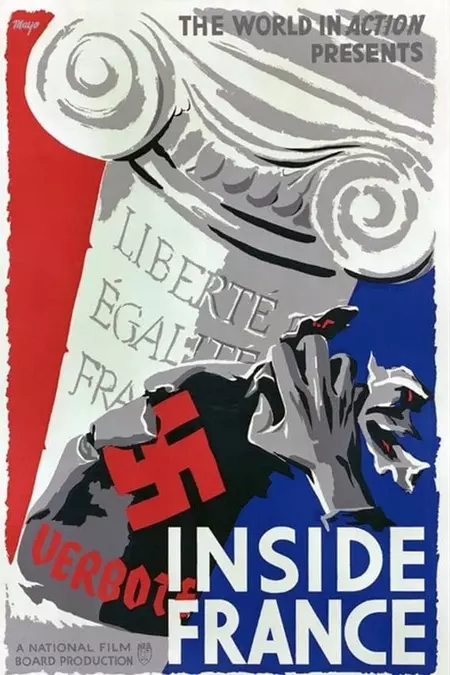
Inside France (1944)
Movie
Director / Writer

Zero Hour (1944)
Movie
Screenplay

The Gates of Italy (1943)
Movie
Director / Writer

The War for Men's Minds (1943)
Movie
Director / Editor / Script
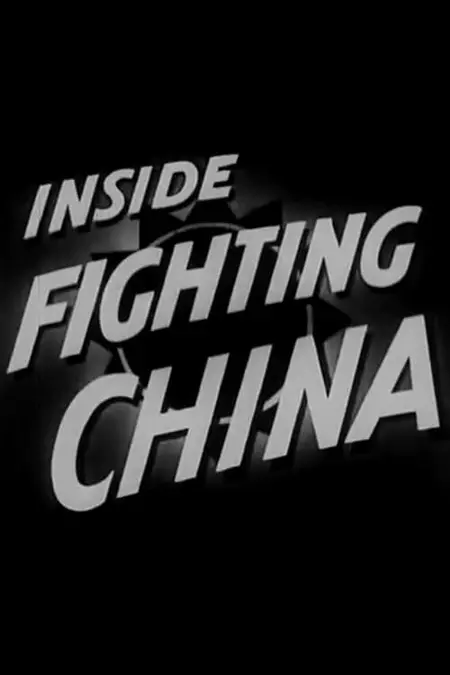
Inside Fighting China (1942)
Movie
Director / Producer / Editor

Warclouds in the Pacific (1941)
Movie
Producer

Battle of Brains (1941)
Movie
Director / Producer

Churchill's Island (1941)
Movie
Producer

Wings of Youth (1940)
Movie
Director
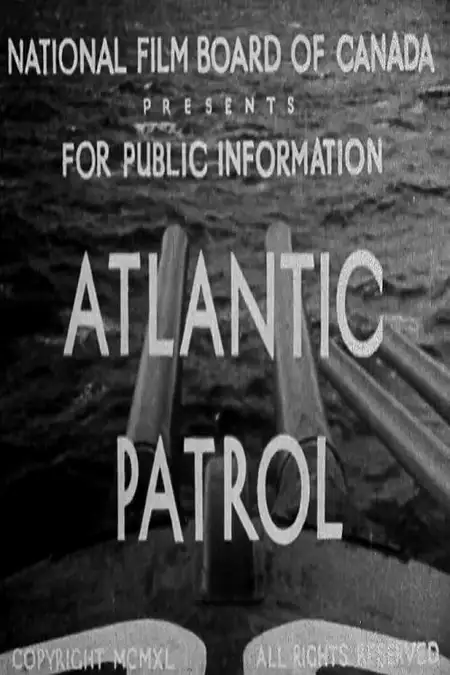
Atlantic Patrol (1940)
Movie
Producer

Front of Steel (1940)
Movie
Producer

Monkey Into Man (1938)
Movie
Producer

Wealth of a Nation (1938)
Movie
Producer

Behind the Scenes (1938)
Movie
Producer
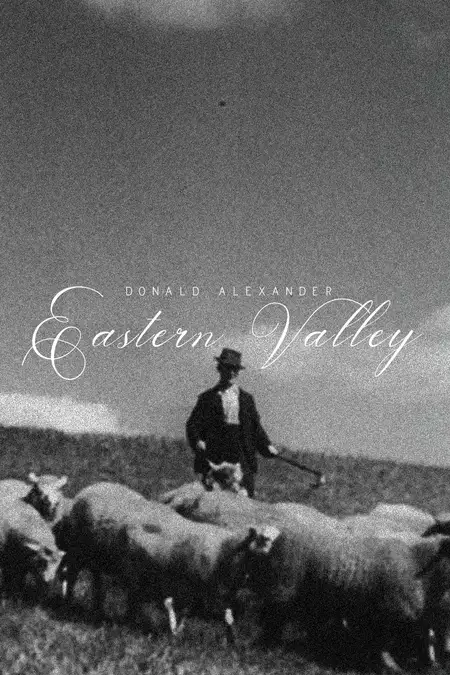
Eastern Valley (1937)
Movie
Commentator (voice)

Air Outpost (1937)
Movie
Commentary
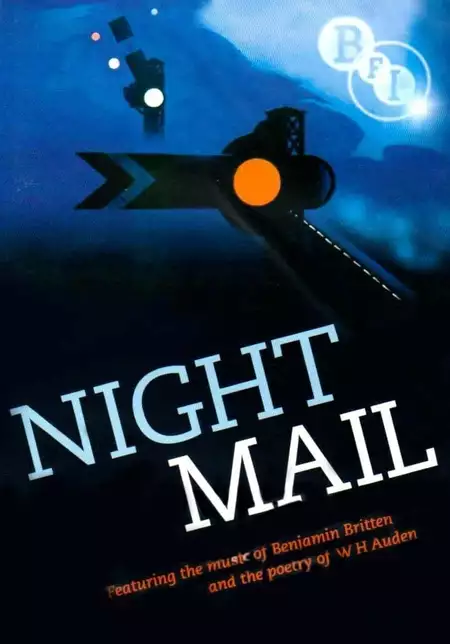
Night Mail (1936)
Movie
Director / Producer / Writer / Editor

BBC: The Voice of Britain (1935)
Movie
Director of Photography / Sound
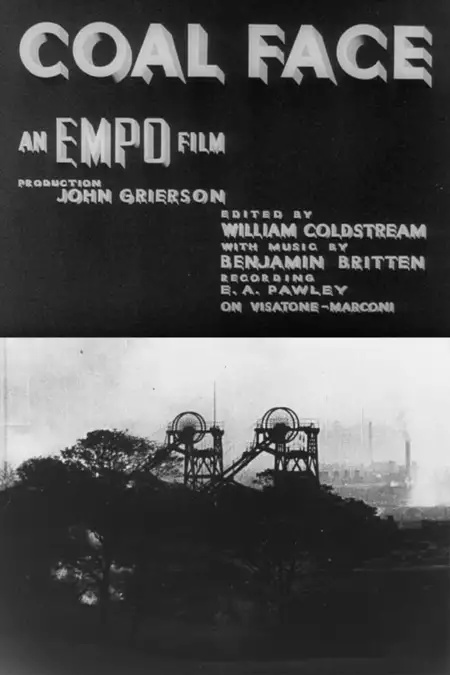
Coal Face (1935)
Movie
Admiral (uncredited) / Writer

Pett and Pott: A Fairy Story of the Suburbs (1934)
Movie
Producer

Cable Ship (1933)
Movie
Director

The New Generation (1932)
Movie
Assistant Director
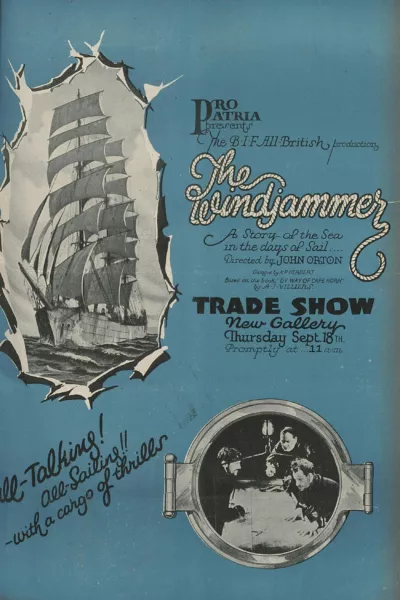
The Windjammer (1930)
Movie
Director

Varsity (1930)
Movie
Director

Spotlight on the Balkans
Movie
Information
Known ForDirecting
GenderMale
Birthday1910-08-31
Deathday1988-07-23 (77 years old)
Birth PlaceLondon, United Kingdom
CitizenshipsUnited Kingdom of Great Britain and Ireland, United Kingdom
This article uses material from Wikipedia.
Last updated:
 Stuart Legg
Stuart Legg- Filmography
- Information
- Related Persons
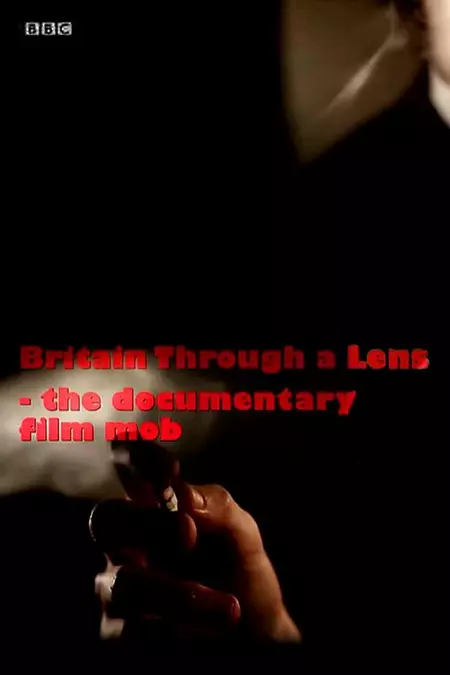
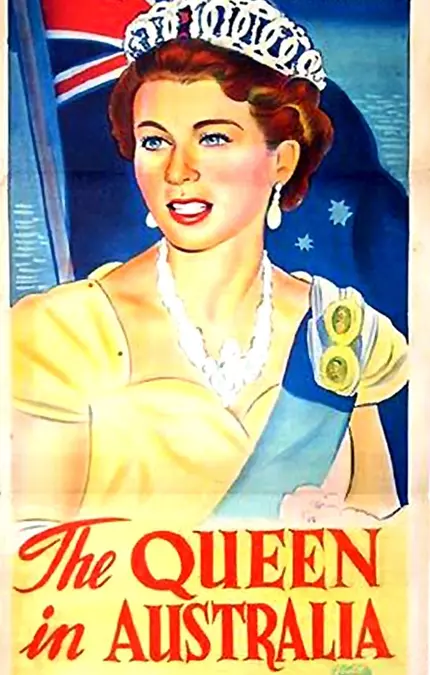
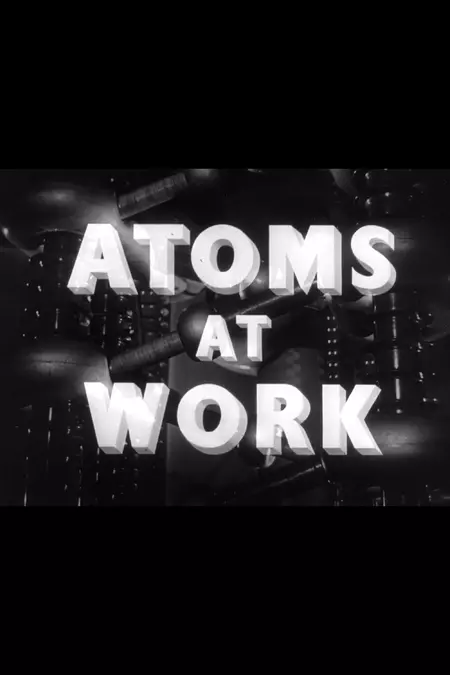
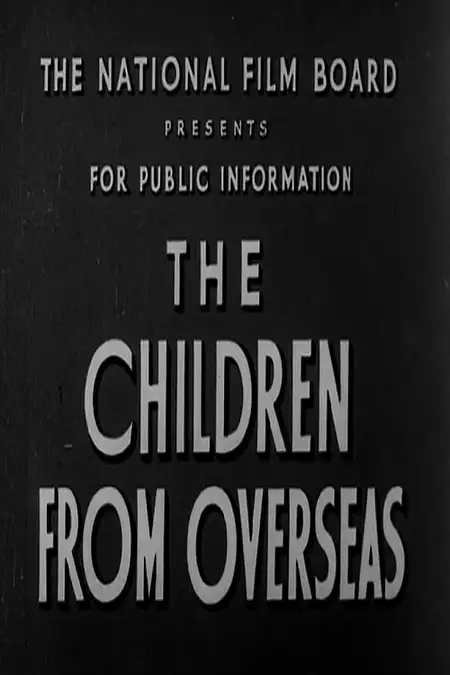
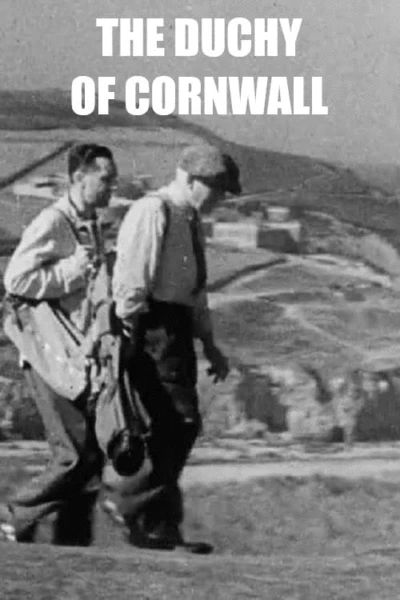
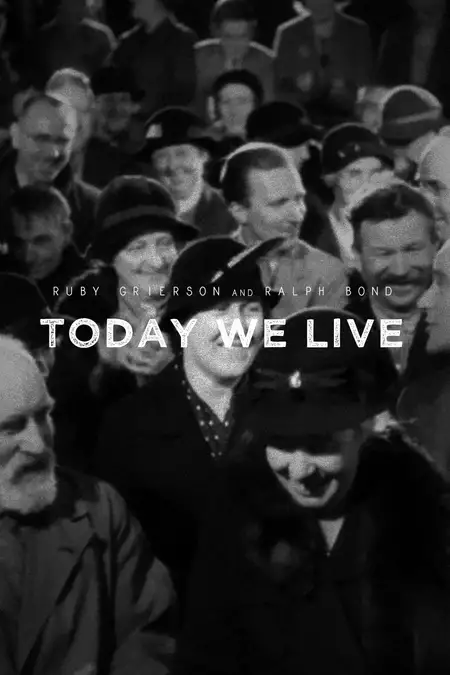
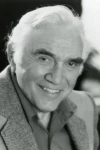
 ,
,

